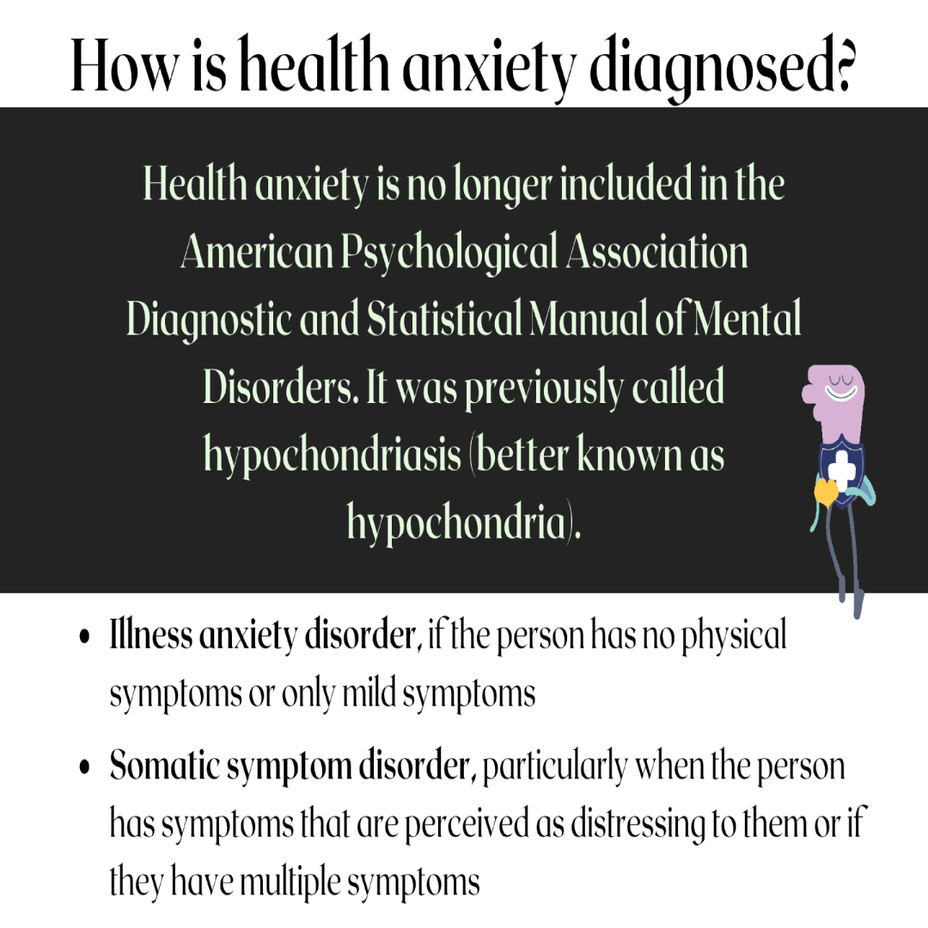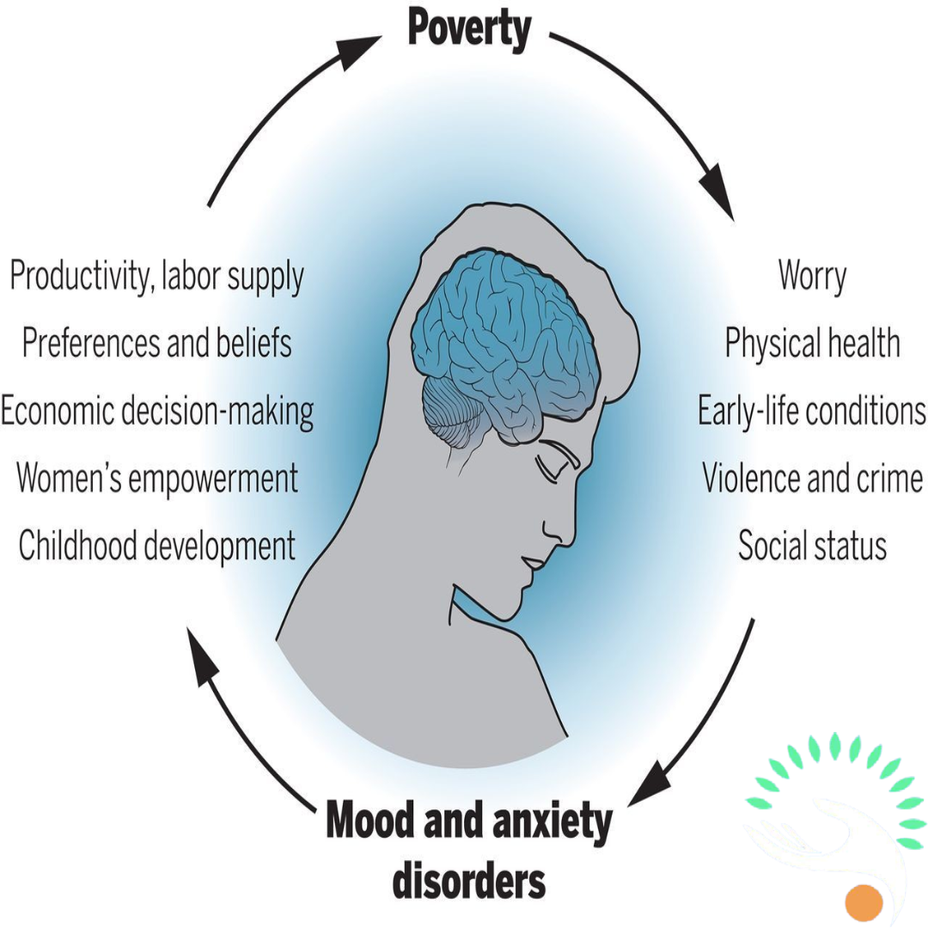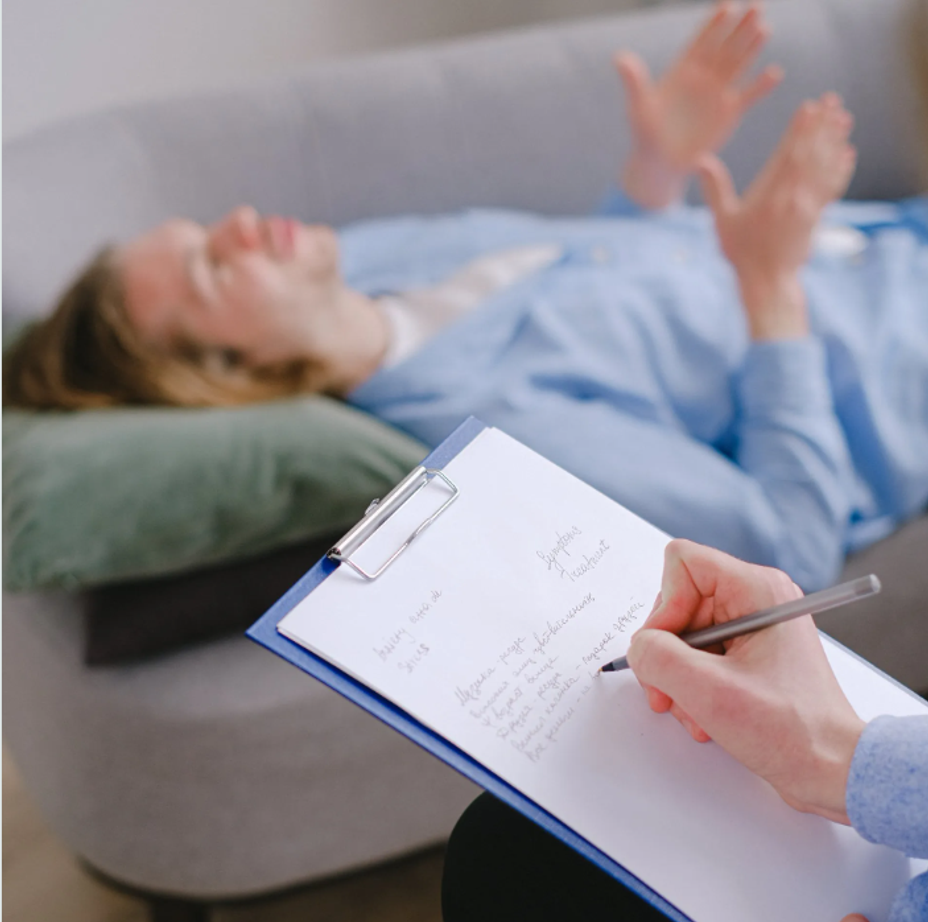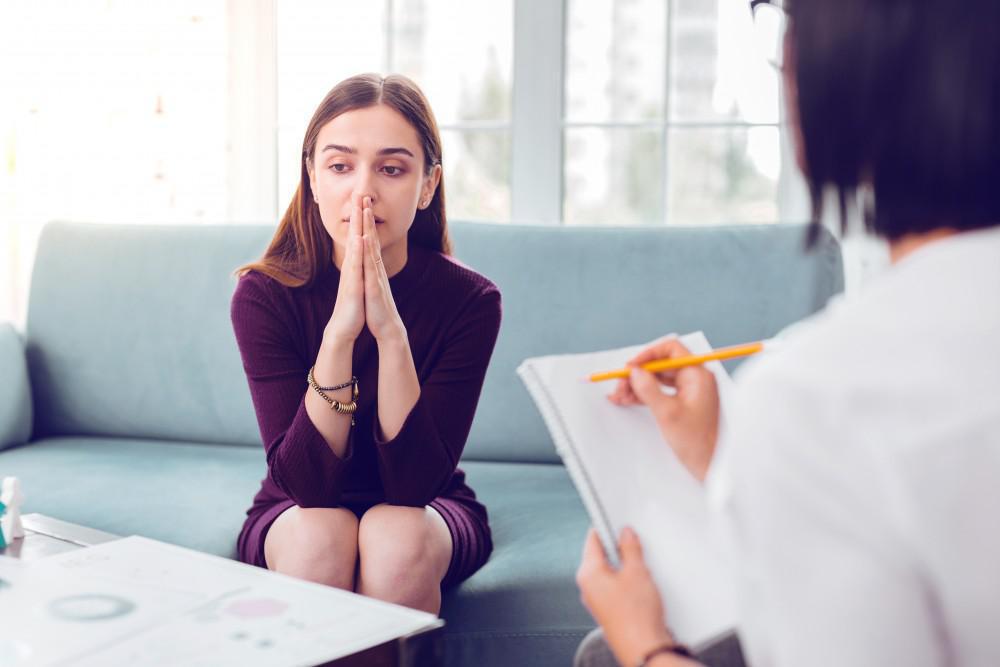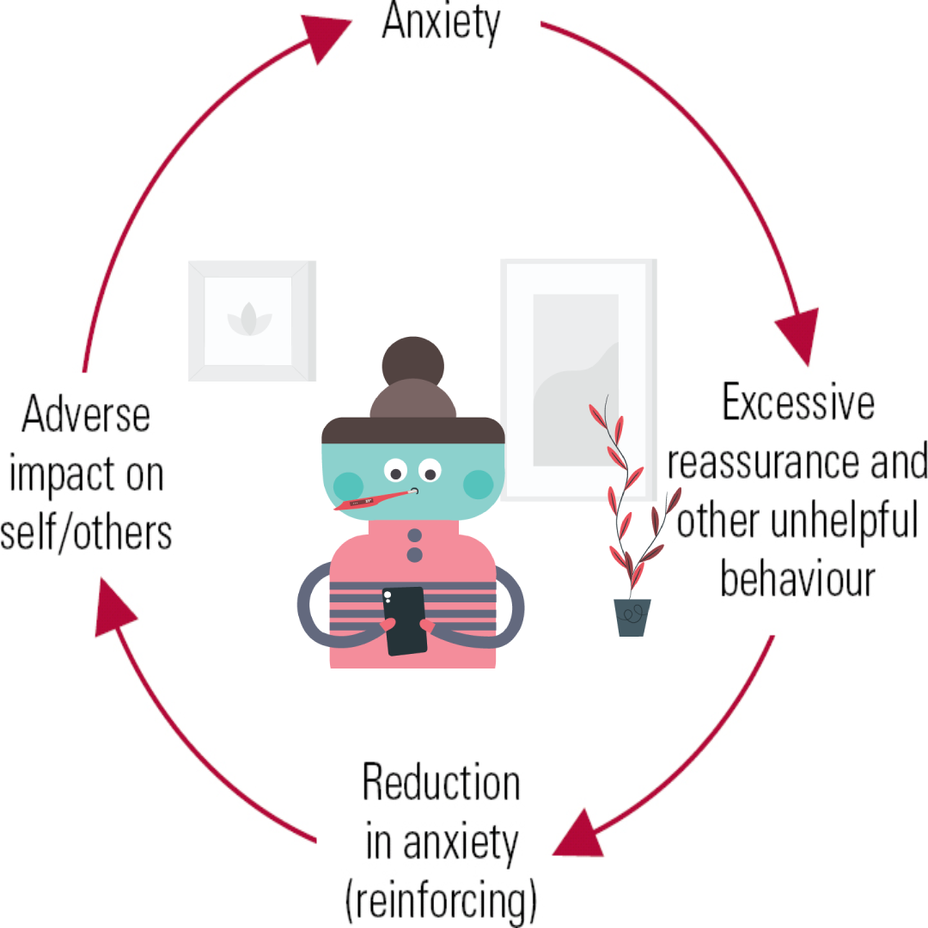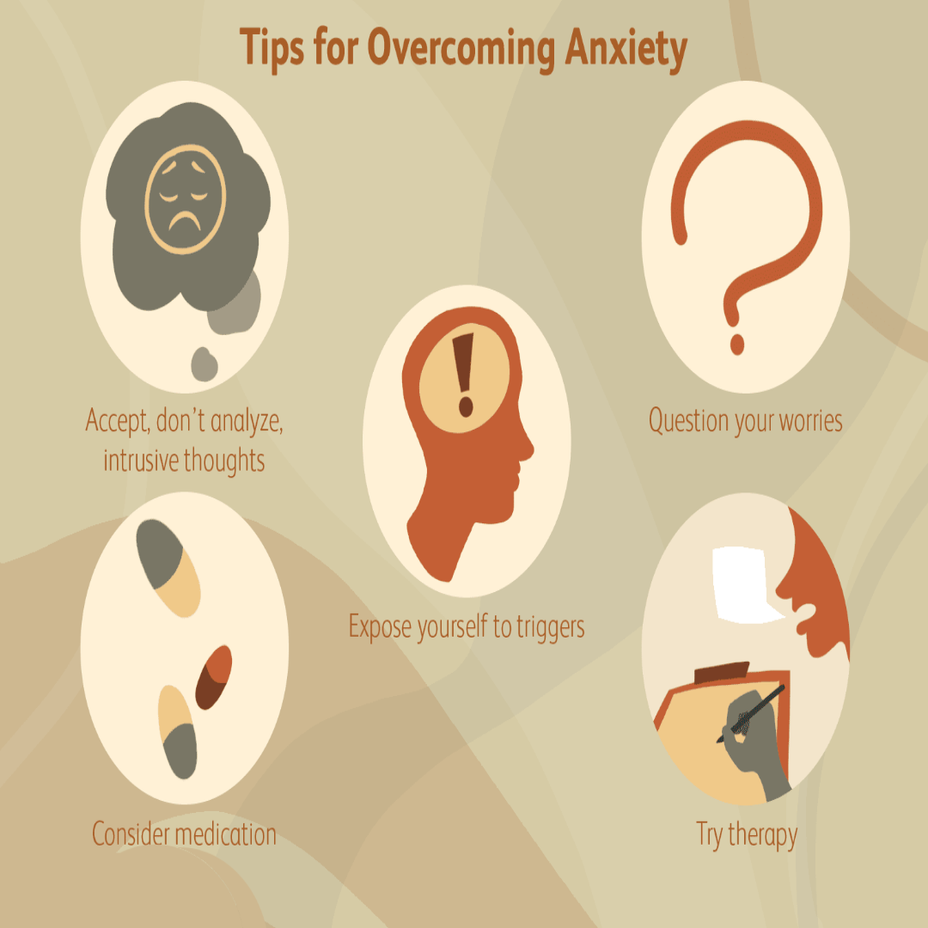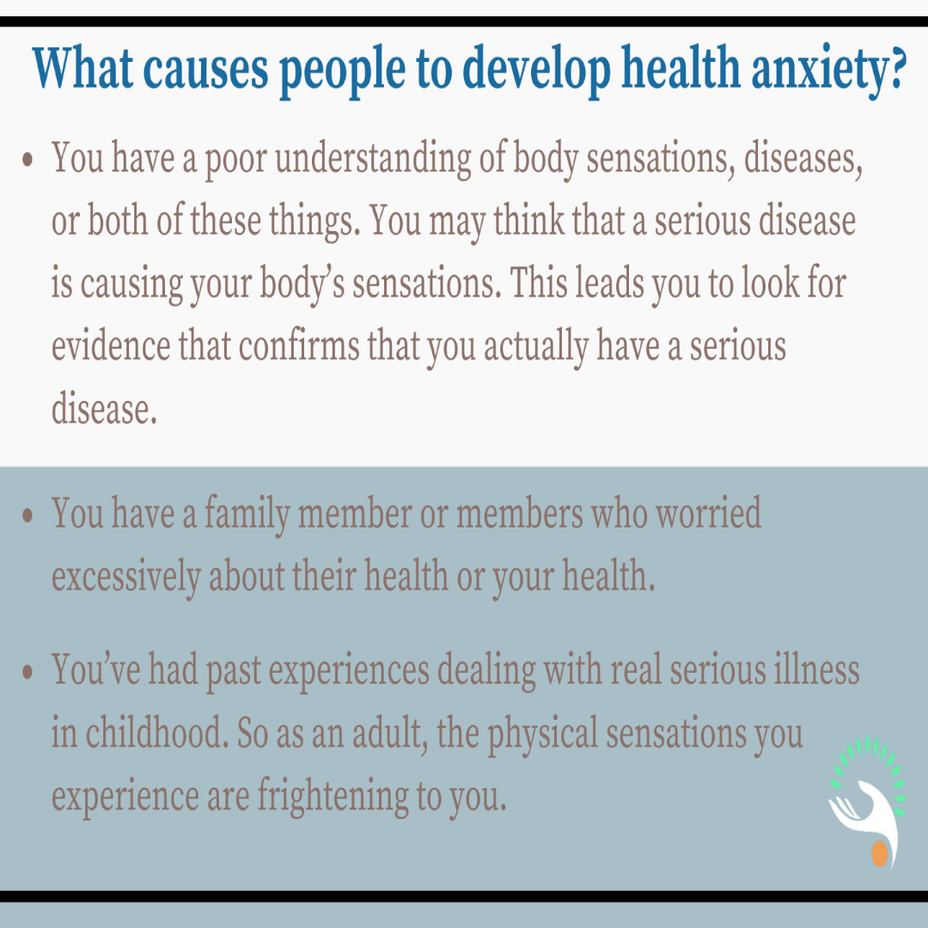#Anxiety #HealthAnxiety
There are different ways that you may be able to overcome anxiety in order to enjoy better emotional wellness. The following are some strategies you might try to include.
Acceptance
One way to overcome anxiety is to learn to accept that not every intrusive thought is signaling a legitimate reason to worry. Simply put, not every thought is true. So it's often unhelpful to try to disprove the beliefs.
Try an acceptance-based approach instead, which includes:
-Identifying the thought
-Labeling it ("worry" or "judgment," for example)
-Being aware of the moment when the thought comes up
-Being aware of the moment when the thought begins to recede from awareness
Questioning
Cognitive restructuring is another strategy that can help you change the way you perceive situations and lessen your anxiety. This technique is a cornerstone of a treatment approach called cognitive behavioral therapy (CBT).
Cognitive restructuring offers a way to critically evaluate potentially distorted thoughts, like "He’s definitely going to break up with me." You ask a series of questions about the belief that can encourage a more balanced view.
For instance, "He's definitely going to break up with me," might turn into a more realistic belief such as, "Just because we had a small argument doesn't mean our relationship will end."
Exposure
The basic concept of exposure is to lean into anxiety by confronting, rather than avoiding, anxiety-provoking situations to learn by experience. You learn that nothing terrible will happen, or that bad outcomes are manageable (and might even have an upside).
For instance, an exposure exercise could be intentionally disagreeing with a boyfriend or imagining what it would be like to get into a major argument. Repetition helps with exposure, so repeating an exposure until it all becomes more boring than anxiety-provoking can be important.
The response prevention component would be to do these things and not ask whether or not your boyfriend is mad, so as to learn to live with uncertainty. While the cycle of anxiety is often vicious, breaking even one link can go a long way to diminishing worry and the anxiety to which it leads.
Nutrition
Research shows that anxiety levels can be impacted by the kinds of foods and drinks you consume. One study observed that participants who consumed more saturated fats and added sugars had higher anxiety levels than those who consumed fewer fats and less sugar.
Eating fruits, vegetables, healthy fats, and high-fiber foods—while limiting processed foods—is connected with improving mood and making it easier to manage psychiatric conditions like anxiety and depression.
Caffeine can also increase your anxiety levels. If you drink more than one cup of coffee per day, try scaling back or eliminate it altogether and note whether your anxiety improves. Caffeine is also in many teas, beverages, and foods (like chocolate) so make sure to read nutrition labels to monitor how much you're consuming.
Physical Exercise
Find a way to move your body that feels good—it doesn't have to be a long and arduous workout. Taking a walk for even 10 minutes can help improve your mood.
Exercise can improve your concentration, your sleep, and lower your stress levels. Many doctors advise physical exercise alongside therapy and/or medication for people with anxiety and depression.
You can refer to this:
resiliens.com/resilify/program/dealing-with-health-anxiety

